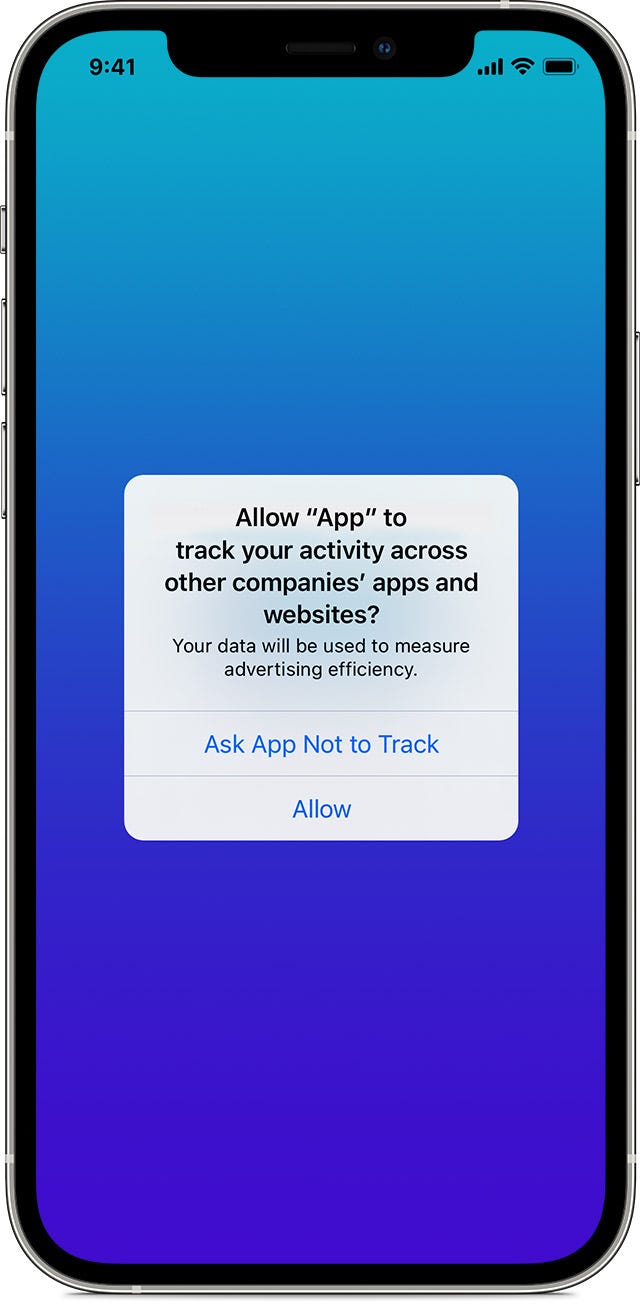Apple is killing Facebook 🗡
apparently, over privacy!
Welcome to the 40th edition of the GrowthX Newsletter. Every Tuesday & Thursday I write a piece on startups & business growth. Today’s piece is going to 94,400+ operators & leaders from startups like Google, Stripe, Swiggy, Razorpay, CRED & more
🍎. Apple = Consumer electronics & software
👥. Facebook = Social media / Data company
Why are they fighting and what is it about?
You got 3 mins? Let’s go.
A year ago, Apple released their iOS 14.5 & iPadOS 14.5 that demands all developers to ask for permission to track users.
Apple called this App tracking transparency(ATT).
But first, know this 👇 👇
👉 Every iPhone user has an IDFA (Identifier for advertisers)
👉 The apps on our phone use this IDFA to identify us as users
👉 Apps can now track, talk to other apps & offer personalised promotion
👉 Facebook, more than anyone, benefits from this
Example
You’re a vegan from Bangalore travelling to Sri Lanka.
Facebook knows -
Your location
Your nationality
Food preference (vegan) from Bangalore
Also that you love Mango smoothie. (Who doesn’t love Mango smoothies :P)
Using IDFA, advertisers can check with Facebook, extract this information, and show you personalised ads based on your history, your location, your recent searches etc.
Apple doesn’t want this.😱😱
With the new release, Apple has turned off that tracker by default. If an app wants to use that tracking, it will have to ask you, and chances are, most of us will say no.
Therefore, Facebook is about to say bye-bye to $10 billion in 2022, thanks to ATT. 👋
Look at the above trajectory, a whopping $117 billion in revenue in 2021. But their earnings report post this update seems to dwindle more than you and I can imagine.
The important question: As a marketer, what can you do?
Your campaigns run on the tiny pixels installed on websites and apps as codes. When users come to your website/app and perform any action, the details are passed to Facebook through these pixels.
Traditionally, marketers were placing as many pixel as required on their website and app for multiple goals - added to card, page landing, surfing etc.
Unfortunately, the new iOS update only lets you place 8 pixel objectives on a single domain. This means you have to prioritise how many trackers you set & will have.
Lesser opportunities to track users
Lower personalised ads per user
Inaccurate ad performance reporting
Low marketing budget efficiency
It’s high time you start assessing your attribution stack and make changes to what you absolutely need to scale while dealing with privacy. I am so thankful that Apple Safari browser is not that of a big deal, yet.
So what does this mean?
As users, Apple is giving you full control over your privacy. Which is a real good news because users have time and again expressed that they want companies to be more transparent. But it doesn’t solve the real challenge that user really struggle with - too many ads.
You will still see ads. They just won’t be personalised.
On the other hand, Facebook can’t help but take the heat.
Their advertising revenue is already shaking.
So much so that Zuckerberg feels Apple is Facebook’s biggest competitor.
Only time will tell if this battle is about privacy alone or a foundation for something that’s about to come - Web3 solves it 🥲
Let’s wait and watch.
Peace out. ✌️
Did you like this issue? Click here to tweet and share with your friends.
Takes 3 seconds, and means a lot to us ❤️




